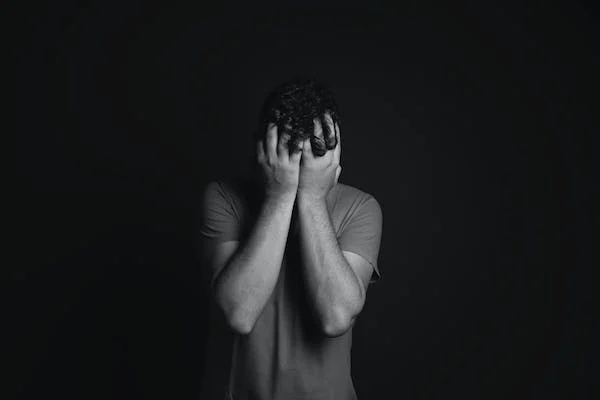Mental health problems can affect anyone and can take many forms. It is important to understand what mental health problems are, the different kinds of help available, and how to access them. Also, it is important to understand how to help someone who may be suffering from a mental health issue. Here are some key points to help you understand mental health problems and the different kinds of help available.
1. Mental health programs
Mental health programs provide counseling, therapy, and other services to support those who are struggling with mental health issues. These programs often include one or more types of psychotherapy as well as case management, psychoeducation, and advocacy components. According to Texas’ #1 program, it’s important to match the right type of help with the individual’s needs. Additionally, programs like these are designed to provide support and resources for a person’s recovery. If you think you or a loved one may need help, talk to your doctor about the different kinds of mental health programs available.
2. Support Groups
Support groups are a great way to gain insight, empathy, and understanding from people who have faced similar issues. These groups can be found online or in person depending on the type of mental health issue you have. By joining a group, you will be able to talk about your experiences and find solidarity with others going through the same thing. Some support groups may also offer additional resources such as referrals to therapists or counselors, tips for managing stress and anxiety, meditation classes, and more. It is important to remember that while it is helpful to attend these groups regularly, they should not be seen as an alternative to professional help if needed.
3. Medication
Medicines can be used to treat certain mental health problems, such as depression and anxiety. The medication prescribed by a doctor is usually antidepressant or antianxiety drugs. There are different kinds of antidepressants, which work differently for each individual. Your doctor or psychiatrist may prescribe selective serotonin reuptake inhibitors (SSRIs) as the first line of treatment. SSRIs are generally considered safer than other types of medications because they have fewer side effects. Other medications that can be used to treat mental illness include mood stabilizers, antipsychotics, and benzodiazepines.
4. Physical Activity and Exercise
Physical activity and exercise can be incredibly powerful tools for helping to manage mental health challenges. Being active not only improves physical health, but also helps with depression, anxiety, and other psychological issues as well. Studies have shown that regular physical activity boosts self-esteem, reduces tension and stress, and helps to lift moods. Exercise can also serve as a distraction from stressful thoughts or situations. For those living with mental health issues, the key is to find activities that are enjoyable and motivating in nature.
Mental health issues can be challenging, but they do not have to define you. With the right kind of help and support, these issues can be managed and even overcome. Understanding what mental health problems are, the different kinds of help available, and how to access them is essential in order to get the treatment that is needed.














